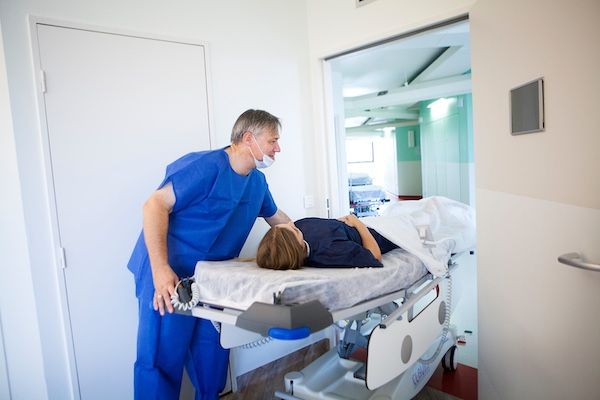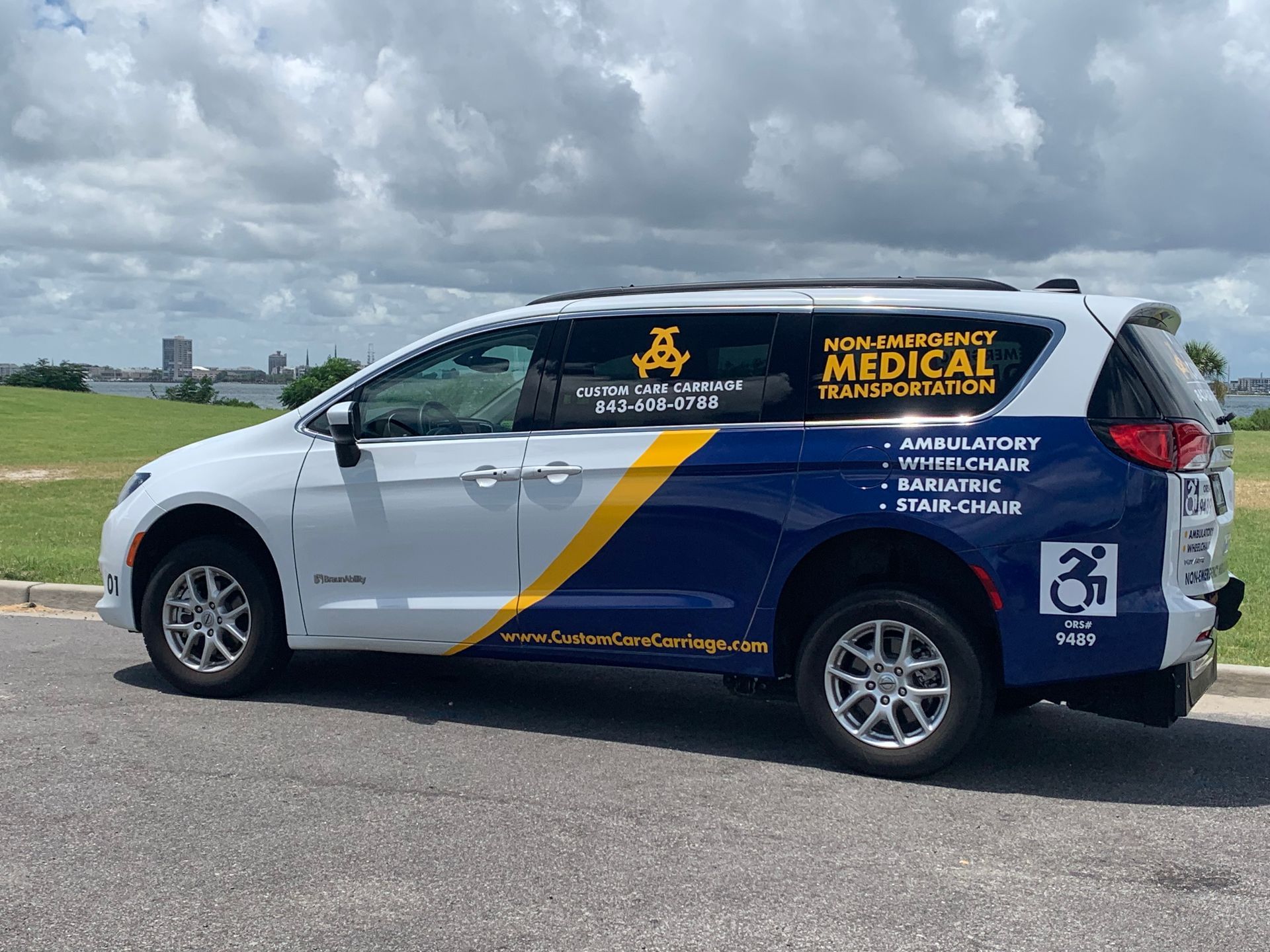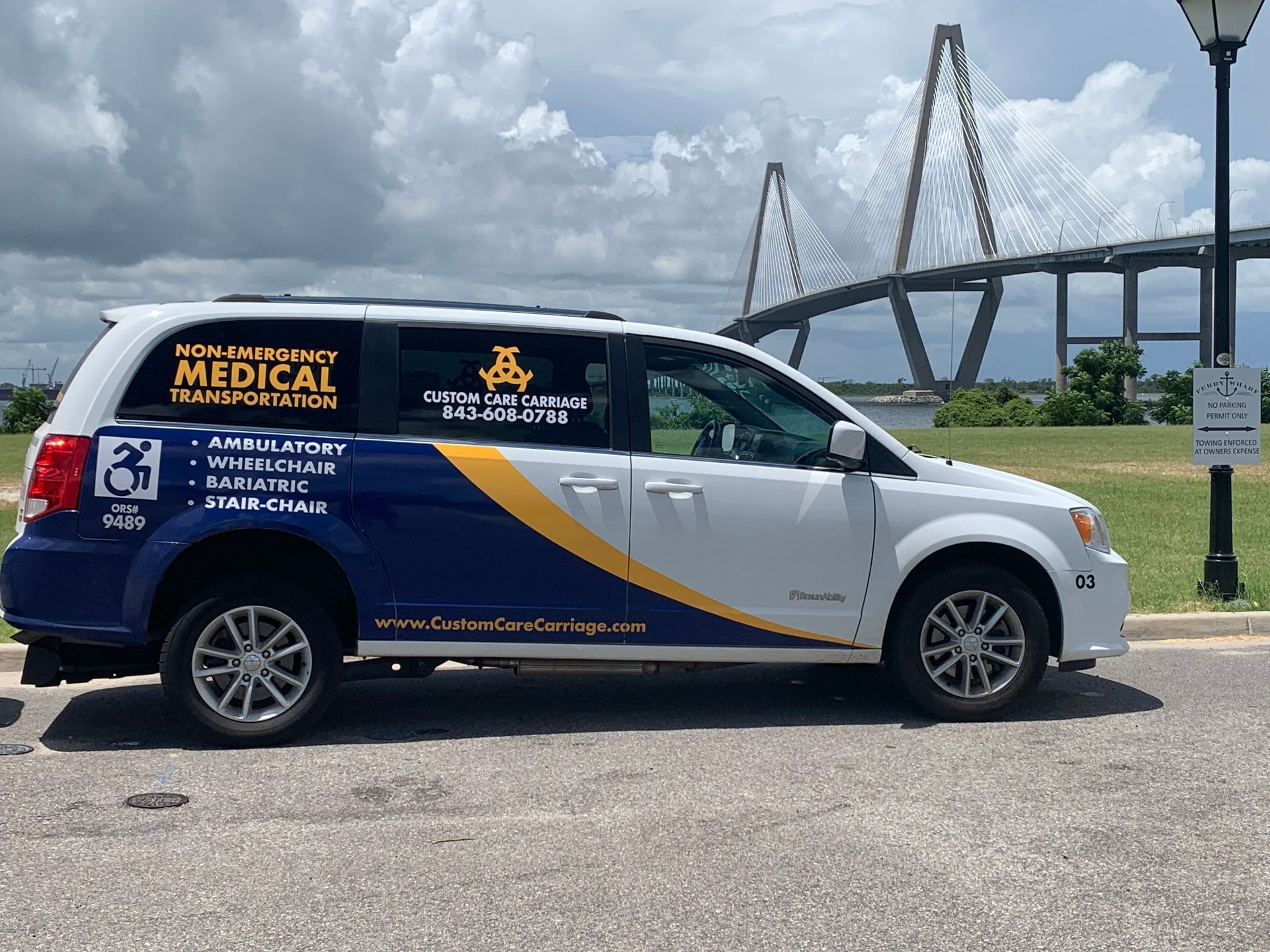Who pays for non-emergency medical transport in South Carolina?
In South Carolina, ensuring access to healthcare can be a challenge, especially for individuals who are unable to drive or find transportation to medical appointments. Non-emergency medical transportation (NEMT) plays a crucial role in helping patients get the care they need without the stress of navigating transportation hurdles. But who pays for these essential services? In this blog post, we will explore the various funding sources for non-emergency medical transport in South Carolina.
What is Non-Emergency Medical Transport?
Non-emergency medical transport refers to a service that provides transportation to individuals who must travel for medical appointments, therapies, or other healthcare services but do not require emergency medical care. This service is particularly beneficial for elderly individuals, those with disabilities, and patients recovering from medical procedures.
Who Pays for Non-Emergency Medical Transport?
The costs associated with NEMT can be covered by a variety of sources, depending on the circumstances of the individual receiving care. Here are the primary funding sources:
- Medicaid: South Carolina's Medicaid program is one of the primary payers for non-emergency medical transport. Eligible individuals can receive transportation services to and from medical appointments at little or no cost. To qualify, users must be enrolled in Medicaid and have a medical necessity for transportation, which means that their health condition or treatment requires them to seek out medical care. It's important to note that patients need to schedule their NEMT services 24 to 48 hours in advance to ensure availability.
- Medicare: While Medicare generally does not cover NEMT services, there are specific circumstances in which it may provide coverage. For instance, if a patient has a medical condition that prevents them from using regular transportation, they may qualify for coverage under certain conditions. It is essential that patients check with their Medicare provider to understand their specific coverage and eligibility requirements.
- Private Insurance: Some private health insurance plans offer coverage for non-emergency medical transportation. However, coverage can vary significantly from one insurer to another. Patients should review their insurance policy or contact their insurance provider for details on whether NEMT services are included.
- State and Local Programs: In addition to Medicaid, South Carolina also offers additional state and local programs that may assist with transportation costs. Some counties have programs specifically designed to help residents access healthcare, including transportation for non-emergency medical needs. It is worth exploring these local resources to see what assistance is available.
- Out-of-Pocket Payments: If a patient is not eligible for any of the above funding sources, they may need to pay for non-emergency medical transportation out of pocket. In these cases, it’s essential for individuals to inquire about the rates and services provided by various NEMT companies to find options that work for their budget.
How to Access Non-Emergency Medical Transport in South Carolina?
For those looking to utilize non-emergency medical transportation in South Carolina, the process typically involves the following steps:
- Determine Eligibility: Check if you qualify for Medicaid or other health insurance coverage that may provide transportation benefits.
- Schedule the Ride: If eligible, schedule your ride through the appropriate channels. For Medicaid, this usually involves contacting the Medicaid transportation manager in your area or your healthcare provider.
- Provide Necessary Information: Be prepared to provide details about your appointment, medical condition, and any specific needs related to your transport.
Contact Custom Care Carriage
Non-emergency medical transport is a vital service that bridges the gap for individuals needing access to healthcare in South Carolina. Understanding who pays for these services can help patients and their families better navigate the complexities of healthcare transportation. By exploring coverage options through Medicaid, Medicare, private insurance, and local programs, individuals can find the necessary support to ensure they don’t miss critical medical appointments. Remember, if you or a loved one is in need of transportation services, don’t hesitate to reach out and explore your options. Access to care should never be an obstacle to maintaining health and wellness.
If you or a loved one requires non-emergency transportation, reach out to our team at Custom Care Carriage today!











